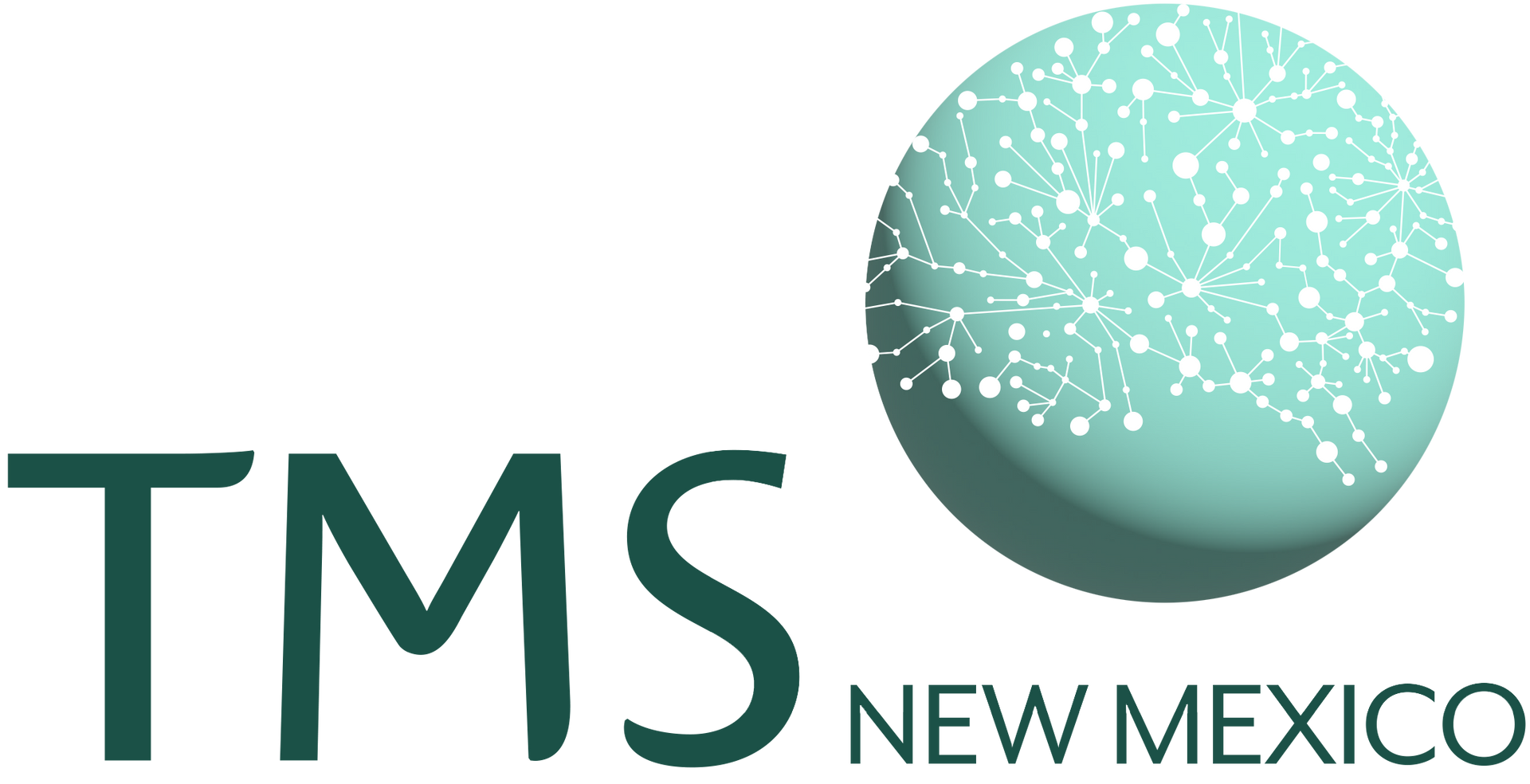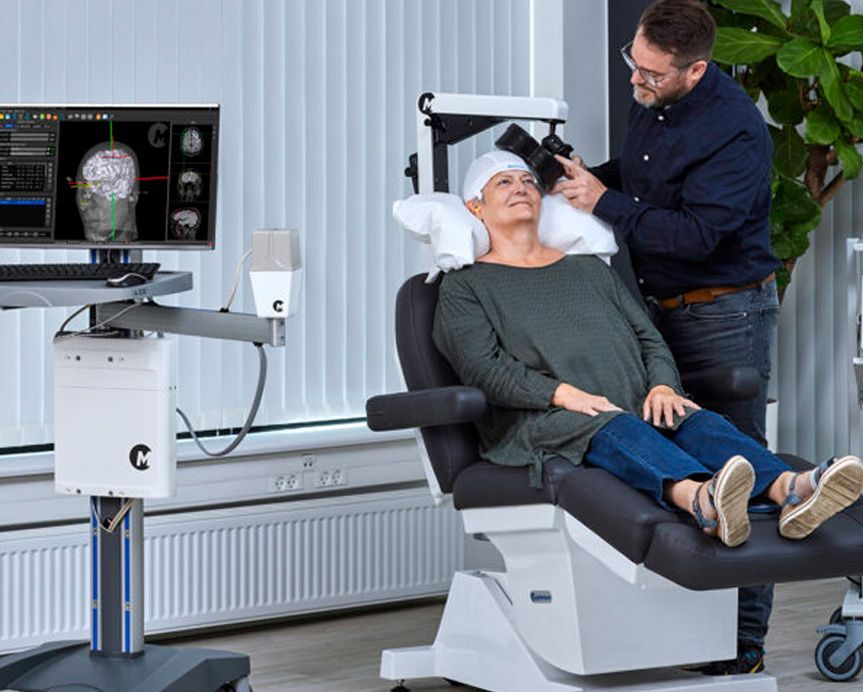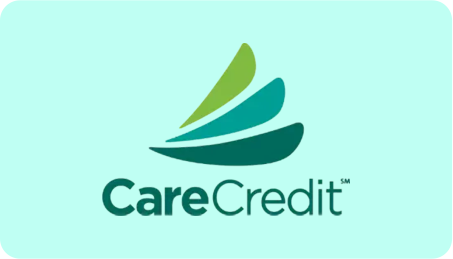TMS THERAPY TREATMENT
LOCATED IN SANTA FE
At TMS New Mexico, we are committed to providing state-of-the-art TMS therapy to help people overcome depression and regain a positive quality of life. Your mental health and well-being are our top priorities. Experience the transformative power of TMS today.
WHAT IS TMS THERAPY?
Transcranial Magnetic Stimulation (TMS) is an FDA-approved treatment for depression that is covered by most insurance plans. It is a non-invasive, sedative-free brain stimulation therapy that safely delivers magnetic pulses to areas of the brain associated with mood regulation.
TMS therapy is highly effective for individuals who have not responded to traditional treatments like medication and psychotherapy. It is well-tolerated with minimal side effects, making it a promising option for long-term relief from depression.
TMS New Mexico offers many advanced treatment protocols.
Standard TMS therapy is a 19-minute treatment session administered five days a week for six weeks. After the initial phase, patients receive an additional six treatments spread over three weeks. This protocol is fully covered by insurance. Many patients find the routine of daily sessions therapeutic, as it provides a structured break from their daily lives.
Theta Burst TMS, also known as Express TMS, is a cutting-edge, 3-minute treatment protocol using the MagVenture device. It follows the same overall protocol duration as Standard TMS but in significantly shorter sessions. Perfect for those needing a quick session, such as during lunch breaks or before or after work.
HELPFUL LINKS TO LEARN MORE
Reach out to mental health professionals for support with depression. You're not alone.
TMS THERAPY CAN HELP WITH
- Depression
- Lack of Joy
- Sadness and Despair
- Low Mood
- Lethargy
- Insomnia
- Oversleeping
- Social Isolation
- Self-Harm
- Substance Abuse
- Suicidal Ideation
- Alcoholism
What To Expect During a TMS Therapy Session
Before starting TMS therapy, you'll have a thorough consultation with a healthcare professional to determine your suitability for the treatment. This involves a comprehensive assessment of your medical history, current condition, and treatment goals.
Preparation: On the day of your session, you'll be seated comfortably in a chair. No anesthesia or sedation is required, and you will remain awake and alert throughout the treatment. The technician will position a coil on your head, specifically targeting the area of the brain associated with mood regulation.
Treatment: The TMS device will deliver magnetic pulses to stimulate nerve cells in the brain. During Standard TMS, each session lasts about 19 minutes, while Theta Burst TMS (Express TMS) sessions are much shorter, typically around 3 minutes. You might hear a clicking sound and feel a tapping sensation on your scalp.
Complete Your Registration
Schedule Your First Session
Begin Your Path To Wellness

IS TMS THERAPY RIGHT FOR YOU?
Are you burdened by feelings of sadness, fatigue, irritability, or emotional detachment? Depression and anxiety pose significant mental health challenges for many. The PHQ-9 questionnaire serves as a valuable self-assessment tool to gauge the severity of your depressive symptoms and monitor their development. Click below to take advantage of our free depression assessment. For anxiety, explore our complimentary GAD-7 assessment.
FINANCING OPTIONS

CareCredit is a health and wellness credit card with flexible financing options so you can pay over time for care you want or need.* Accepted at over 260,000+ locations! TMS New Mexico is proud to offer CareCredit for anyone who might require financial assistance with their TMS treatment. Have questions? Please contact one of our team members.
TMS THERAPY COMMON CONDITIONS
While TMS New Mexico primarily focuses on treating depression, other conditions may be addressed with different treatment protocols. TMS treatments for conditions other than depression are considered off-label and are available on a cash-pay basis.
OCD
Approximately one in five people are afflicted with OCD. Genetics have been implicated in its causation, although a communication break down between brain regions responsible for decision making and emotion control (particularly the frontal lobe), as well as other factors, has also been discovered. TMS may help to cure the distressing symptoms of OCD.
ADULT & ADOLESCENT DEPRESSION
TMS therapy was approved by the FDA for the treatment of depression in 2008. It is also used to treat adolescents and young adults with depression instead of long-term use of antidepressants. TMS is a powerful, non-invasive therapy that can aid people in overcoming severe depression.
BIPOLAR DEPRESSION
TMS may assist you in alleviating the effects of your manic episodes if you have bipolar disorder. If you have bipolar disease, TMS treatment might aid in the management of your highs and lows. This therapy employs magnetic pulses to keep your emotions stable and help maintain emotional balance in your life.
EATING DISORDERS
Researchers have discovered that eating disorders such as anorexia affect the brain. The striatal, frontal, and limbic brain networks are particularly susceptible, with the prefrontal cortex being the most notable. TMS can restore balance to the prefrontal cortex and reset disrupted neural pathways by stimulating it.
INSOMNIA
Insomnia can be a terrible burden to live with. It involves persistent problems falling asleep and staying asleep, which are frequently linked to poor sleeping habits or chronic illness. Difficulty going off shift at night or waking up during the day might indicate insomnia; you may feel weary and irritable as a result of these disruptions to your regular routine.
PTSD
Post-traumatic stress disorder (PTSD) is a condition that develops as a result of frightening events. Flashbacks, nightmares, sleeplessness, and anxiety or sadness are symptoms. TMS promotes neural connectivity between the prefrontal cortex and the region responsible for emotional control, especially the amygdala, which helps decrease PTSD severity.
DRUG & ALCOHOL ADDICTION
Drugs and alcohol can be dangerous to your mental and physical health. They also wreak havoc on families and relationships. If you or someone you care about is dealing with addiction, specialized therapy such as TMS may help with long-term, drug-free relief from cravings. We can assist you in this process.
ANXIETY DISORDER
Many individuals claim to be nervous or anxious in today's society but that does not imply they have Generalized Anxiety Disorder. GAD is a debilitating, chronic anxiety disorder that interferes with everyday functioning and can strike at any age. TMS therapy can be used as a long-term treatment alternative to medication for GAD.
SMOKING CESSATION AND MORE
There is no doubt that smoking addiction has a negative impact on our general health and brain function. Transcranial Magnetic Stimulation has been investigated as a smoking cessation therapy and has shown positive results, with deep TMS treatment for smoking cessation being licensed by the FDA in 2020. Stop smoking with help from TMS.
FREQUENTLY ASKED QUESTIONS
At TMS New Mexico, we prioritize patient care and convenience. Our approach ensures every patient can access treatment that fits their lifestyle and needs. Have questions? Check out these FAQs or contact us to set up an initial consultation. Our team is dedicated to helping you navigate and overcome depression.
Who is a good candidate for TMS therapy?
TMS therapy is usually suggested for people with long-term depression or those who haven't found substantial relief from conventional treatments like medications or psychotherapy.
TMS therapy is not suitable for individuals with seizure disorders or those with metal implants or devices in or around the head. A detailed consultation with a qualified healthcare professional is essential to determine if TMS therapy is a safe and effective option for each individual.
Are there any side effects of TMS therapy?
TMS therapy is generally well-tolerated and has fewer side effects compared to some other treatments. Common side effects may include mild scalp discomfort or headache, which typically diminish over time. Severe side effects are rare, but your healthcare provider will monitor your progress closely throughout the treatment course.
How long does a typical TMS treatment course last?
For Standard TMS, treatments are usually administered five days a week for six weeks, followed by an additional six treatments spread over three weeks. Theta Burst TMS follows a similar overall protocol but is much quicker per session, making it convenient for those with busy schedules.
The exact duration may vary based on your individual needs and treatment response. Your healthcare provider will work closely with you to develop a personalized treatment plan.
Does insurance cover TMS therapy?
Insurance plans typically cover Standard TMS therapy services in the treatment of major depression (MDD).
Express TMS (Theta Burst) for depression is available for cash pay.
For conditions outside of MDD, TMS treatments are off-label and require cash payment. To learn more about these options, please reach out to us for detailed information.
Do you take over all my psychiatric and/or medical care?
We only provide the TMS intervention and the necessary evaluations for this service. It is important that any other doctors working with you during our treatments communicate any medication changes.




